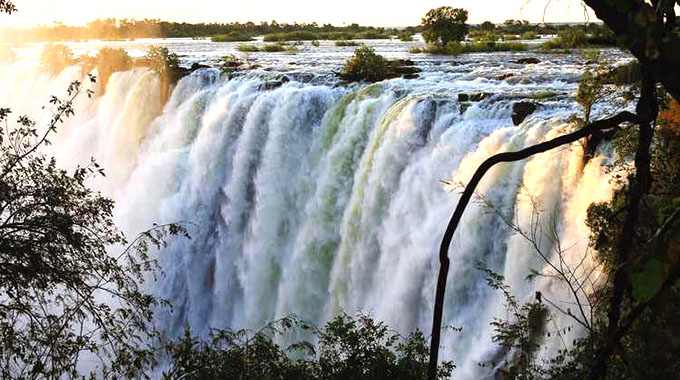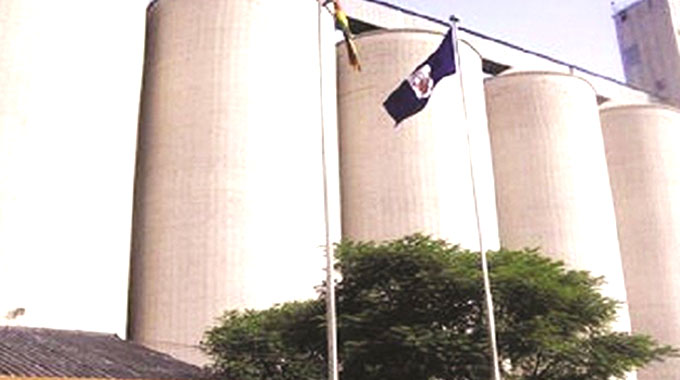Zim tourism sector calls for recovery programme

Tawanda Musarurwa Senior Business Reporter
Travel and tourism players in the country have approached Government to intervene with a recovery plan for the sector, which is among the hardest hit by the coronavirus (Covid-19) pandemic.
The global travel and tourism sector was the first area of economic activity to be hit by the Covid-19 crisis, with traveller figures dropping significantly as countries across the globe imposed lockdowns to try and curb the spread of the highly infectious disease.
According to the United Nations World Tourism Organisation (UNWTO), available data points to a decrease of 22 percent in the first quarter of the year, with arrivals in March down by 57 percent. This translates into a loss of 67 million international arrivals and about USD 80 billion in receipts.
Zimbabwe imposed its lockdown at the end of March, which resulted from the slowdown of and then halt to travel from source markets, most of which were already in the grip of the crisis.
Tourism Business Council of Zimbabwe (TBCZ) president Winnie Machanyuka, said a nationally coordinated strategy could help the sector recover.
She added that creating a regional travel strategy will help in view of present global travel restrictions as it would give local tourism players a base to restart from.
“A recovery programme is essential and urgently needed, based on effective and wide-ranging scenario planning and action planning.
“It is our belief that the kick-start for operation should be domestic tourism, and it is clear that operators’ primary focus will be in this direction,” said Mrs Machanyuka.
“The TBCZ also recommends a plan of action to create a travel bubble within the Southern African community of nations, allowing for regional travel between what may be described as low-impact countries in terms of the spread of Covid-19.
“International tourism will depend on the revival of international travel and tourism and we in Zimbabwe must be at the forefront of seizing opportunities that stem from an opening up of such travel.”
The local tourism representative body is currently in ongoing discussions with Government and the Zimbabwe Tourism Authority (ZTA), recommending action that can be taken.
“The TBCZ is also following closely efforts and actions in neighbouring countries, and indeed across the world, to restore travel and tourism to operational conditions, as we cannot restore all of our own sector’s operations in isolation.
“The highest levels of collaboration and co-operation between all areas of endeavour within the travel and tourism sector will be required, not only within the country but also with partners outside our borders,” added the TBCZ president.
Earlier in March, the UNWTO called on travellers to stay in their countries as way to curb of the spread of the ravaging Covid-19.
UNWTO Secretary-General Zurab Pololikashvili said at the time that due to Covid-19, public health was the major concern and urged people not to travel.
“As the Covid-19 situation evolves, the World Tourism Organisation (UNWTO) observes that full or partial travel restrictions have been — and continue to be — introduced across the world. These decisions are made with public health as the primary concern.
“This pandemic affects every level of society and we stand by those affected in these times. The impact of the pandemic on already slowing economies has made tourism particularly vulnerable, becoming the hardest hit sector so far. With 80 percent of the sector made up of small and medium-sized enterprises, millions of livelihoods in the world are left vulnerable,” said Pololikashvili at the time.
With a treatment or vaccine still in the pipeline for Covid-19, the UNWTO is yet to review its earlier recommendation, although economies have been slowing opening up.
Official figures estimated that at least 97 destinations (45 percent) had totally or partially closed their borders for tourists, while the balance had imposed varying levels of travel restrictions.











Comments